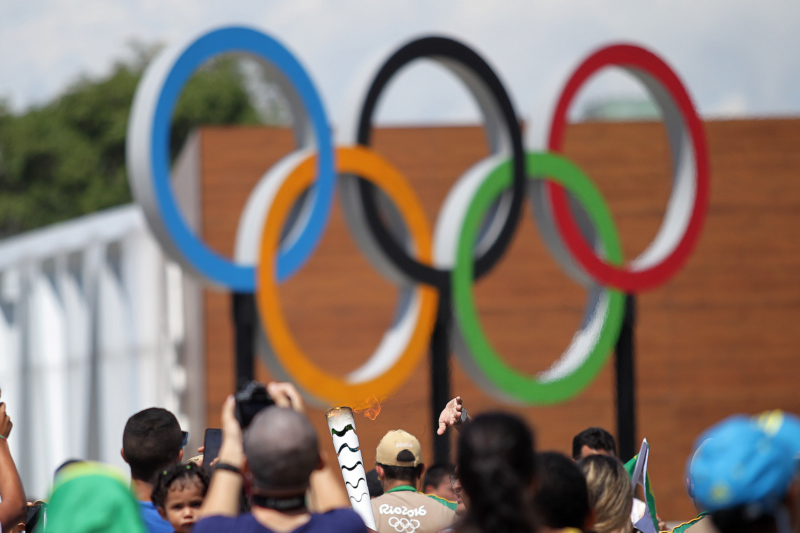Rising Brazil: The Choices Of A New Global Power
What should we expect from a newly powerful Brazil? Does the country have the capacity and leadership to be a central actor in addressing critical global and regional problems?
Since the modern Olympics were initiated in Athens in 1896, none of the 25 or so countries that have hosted the games have done so while confronting the political turmoil and economic distress now battering Brazil. Regardless, the games are likely to be a success, as the Olympics almost always are.
Back in October 2009, when Rio—known in Brazil as the “Cidade Maravilhosa” (The City of Wonders)—was chosen as the site for this year’s Olympics, massive celebrations broke out on the city’s beaches and streets and across Brazil. Brazilians were happy and proud to have outshined the other finalists, three of the world’s great cities—Chicago, Madrid and Tokyo—and hailed Brazil’s arrival as one of the world’s great countries.
Brazil’s economy, then the seventh largest worldwide, was booming, hardly scathed by the 2008 international financial crisis. Brazil’s recent discoveries of huge undersea oil reserves promised to make it a major energy producer and exporter. Adored at home and admired across the globe, President Luiz Inacio Lula da Silva was, according to U.S. President Barack Obama, the world’s most popular politician. To be sure, Brazil was still beset by poverty and inequality, rampant violence and corruption, but for the first time in nearly two generations, it was making remarkable progress on most of these fronts.
The Olympics—and the 2014 World Cup soccer tournament, also hosted by Brazil—were expected to showcase the country’s many accomplishments, but today, as the opening of this year’s Olympics fast approaches, Brazil has once again lost its way.
What should we expect from a newly powerful Brazil? Does the country have the capacity and leadership to be a central actor in addressing critical global and regional problems?
Inter-American relations have taken a disappointing course for the Obama Administration. The US has suffered several political setbacks in the region and little progress has been made on most of the “legacy” issues that Obama inherited.
President Lula da Silva triumphantly announced that he and his Turkish counterpart had persuaded Iran to shift a major part of its uranium enrichment program overseas—an objective that had previously eluded the US and other world powers. Washington, however, was not applauding.
 Ivo Lima / CC BY-NC-SA 2.0
Ivo Lima / CC BY-NC-SA 2.0